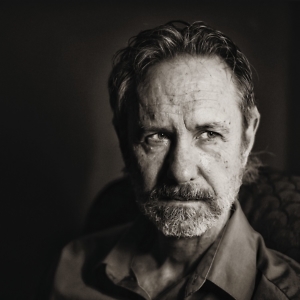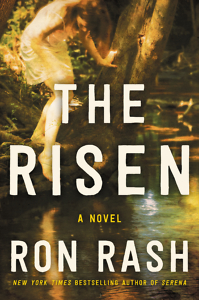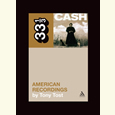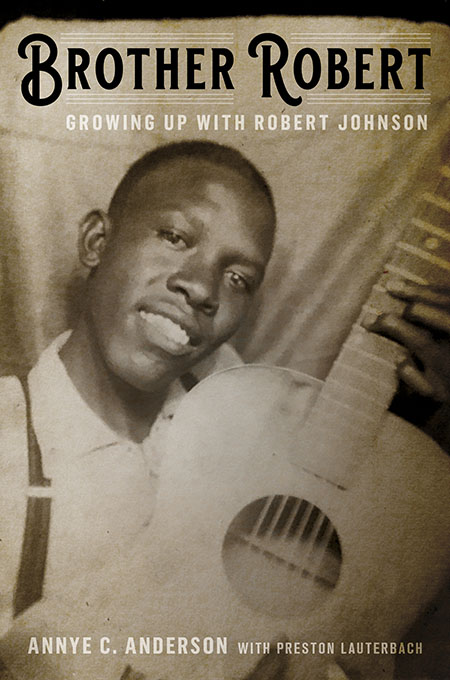The Past Is Waiting
In Ron Rash’s The Risen, two brothers learn that the past is not as distant as they believed
For Eugene Matney, the narrator of Ron Rash’s new novel, an encounter with alcohol in his teen years opened a door that he would spend the rest of his life struggling to shut: “The suffusing glow freed something inside me. Freed, though perhaps summoned is a more honest word.” The Risen is a novel preoccupied with a particular kind of summoning—moments when the past appears, seemingly from nowhere, to blur our vision of the present.

Known for his many novels and short stories depicting the mountain towns and far-flung ridges and coves of Western North Carolina, Rash has consistently embedded his dark but humane literary vision in work that resonates far beyond Appalachia. His new novel, The Risen, is no exception. Set almost entirely in and around the small town of Sylva and the nearby city of Asheville, the novel’s real terrain ranges between the present and the past—specifically, the summer of 1969.
Brothers Eugene and Bill have reached the breaking point with their strict, domineering grandfather, who has provided all material needs for their mother and them since the early death of their father. This financial stability has come at a steep price: the old man exerts unending influence over their decisions, and over the life of their small town as well. The only practicing doctor in town for decades, he keeps countless secrets about his neighbors’ private lives.
To escape their summer jobs at his medical office, Eugene and Bill enjoy fishing for trout along remote Panther Creek. There they encounter Ligeia, a beautiful and mysterious girl who becomes involved with the both of them. Ligeia is a new arrival to the mountains—she’s from Daytona Beach, where she’d developed such a reputation for trouble and experimentation that her parents have sent her away to relatives in this isolated mountain community. She brings with her the spirit of the counter-culture—free love, psychedelic music, and a fondness for recreational pharmaceuticals. The brothers cannot resist her, and their summer takes a dramatic turn.
 Decades later, both Eugene and Bill have taken steps to bury the past—with wildly mixed results. As their grandfather insisted, Bill has become a successful surgeon with a devoted family. Eugene, on the other hand, has seen his professional and personal life deteriorate under the powerful sway of alcoholism. So when the events of that long-ago summer come back to Eugene in the form of a newly discovered body, all his assumptions about the past come into question.
Decades later, both Eugene and Bill have taken steps to bury the past—with wildly mixed results. As their grandfather insisted, Bill has become a successful surgeon with a devoted family. Eugene, on the other hand, has seen his professional and personal life deteriorate under the powerful sway of alcoholism. So when the events of that long-ago summer come back to Eugene in the form of a newly discovered body, all his assumptions about the past come into question.
As that past seems to be unraveling, Eugene struggles to keep his grip on what he thinks he knows: “All the while, memories flip like calendars in old movies, blurring events, blurring time. I try to center on a single thought, confirm its solidity, the way I’d test boards on a rickety porch.” His inability to manage his drinking does not help his efforts to keep cool in the face of this unexpected peril. But it does help to make him a compelling narrator. From the start, his perceptions of events—both past and present—are clouded, either by intoxication or by his strain to control his cravings and symptoms of withdrawal. And the guilt he feels for his destructive life fuels his desire to uncover the truth about what happened so long ago.
In the course of the investigation, the local sheriff tells Eugene that “small towns have a way of eventually giving up their secrets.” Always, The Risen seems to suggest, the past is biding its time, ready for the moment it will exert its will on the present. The novel’s preface sets this process into beautiful, chilling motion:
She is waiting. Each spring the hard rains come and the creek rises and quickens, and more of the bank peels off, silting the water brown and bringing to light another layer of dark earth. Decades pass. She is patient, shelled inside the blue tarp. Each spring the water laps closer, paling roots, loosening stones, scuffing and smoothing. She is waiting and one day a bit of blue appears in the bank and then more blue. The rain pauses and the sun appears but she is ready now and the bank trembles a moment and heaves and the strands of tarp unfurl and she spills into the stream and is free.
With these lines The Risen informs us that the past has reached its moment. Up will come long-buried crimes and betrayals, but also hidden moments of bravery and mercy. A portrait of small-time mountain town life emerges in The Risen from innumerable layers of sediment. The past may offer a foundation, but it’s a foundation forever susceptible to erosion and purgation.

Emily Choate holds an M.F.A. from Sarah Lawrence College. Her fiction has been published in The Florida Review, Tupelo Quarterly, and The Double Dealer, and her nonfiction has appeared in Yemassee, Late Night Library, and elsewhere. She lives in Nashville, where she’s working on a novel.


